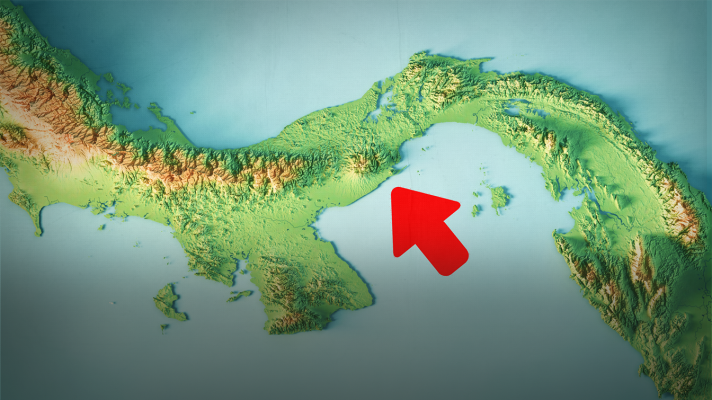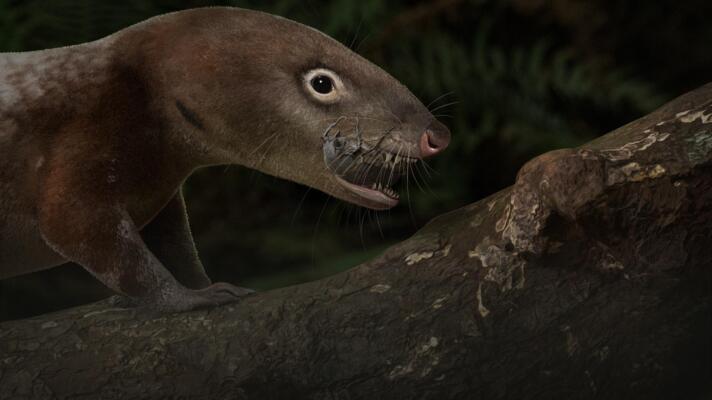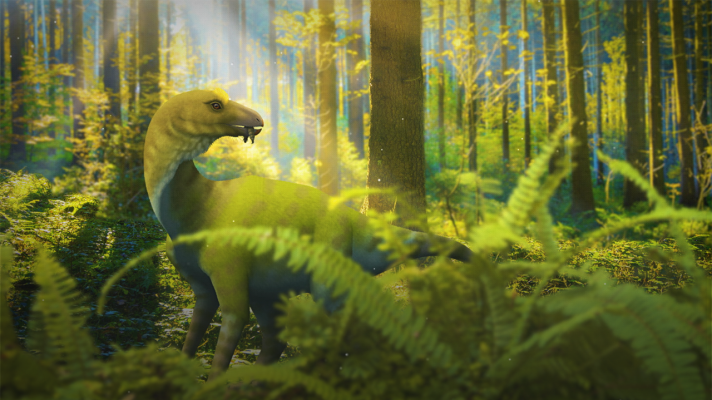Extras
Understanding the Isthmus of Panama.
Episode:
S8
E8
|
10:27
How we might borrow genes from that ancient past of Greenland to help us adapt to the future.
Episode:
S8
E7
|
9:07
Tiny mammals and a group of lizard-like reptiles shared a trait that helped them survive extinction.
Episode:
S8
E6
|
9:35
Where the space rock came from 66 million years ago that crashed and killed the dinosaurs.
Episode:
S8
E5
|
10:43
Fish evolved terrestrial traits to...stay fish?
Episode:
S8
E4
|
8:19
We're the only ones with chins, and we don't know why.
Episode:
S8
E3
|
12:07
Why did sharks get so incredibly diverse and odd during the Golden Age?
Episode:
S8
E2
|
12:40
What exactly made this time period so very, very sticky?
Episode:
E1
|
10:45
One of the most surprising effects of the cascade of changes was...fruit?
Special:
10:47
Latest Episodes
All
-
All
-
Eons Season 8
-
Eons Season 7
-
Eons Season 6
-
Eons Season 5
-
Eons Season 4
-
Eons Season 3
-
Eons Season 2
-
Eons Season 1
Understanding the Isthmus of Panama.
Episode:
S8
E8
|
10:27
How we might borrow genes from that ancient past of Greenland to help us adapt to the future.
Episode:
S8
E7
|
9:07
Tiny mammals and a group of lizard-like reptiles shared a trait that helped them survive extinction.
Episode:
S8
E6
|
9:35
Where the space rock came from 66 million years ago that crashed and killed the dinosaurs.
Episode:
S8
E5
|
10:43
Fish evolved terrestrial traits to...stay fish?
Episode:
S8
E4
|
8:19
We're the only ones with chins, and we don't know why.
Episode:
S8
E3
|
12:07
Why did sharks get so incredibly diverse and odd during the Golden Age?
Episode:
S8
E2
|
12:40
What exactly made this time period so very, very sticky?
Episode:
E1
|
10:45
What was Charles Darwin really obsessed with?
Episode:
S7
E21
|
12:12
Did you know ocean basins are reincarnated?
Episode:
S7
E20
|
12:29














